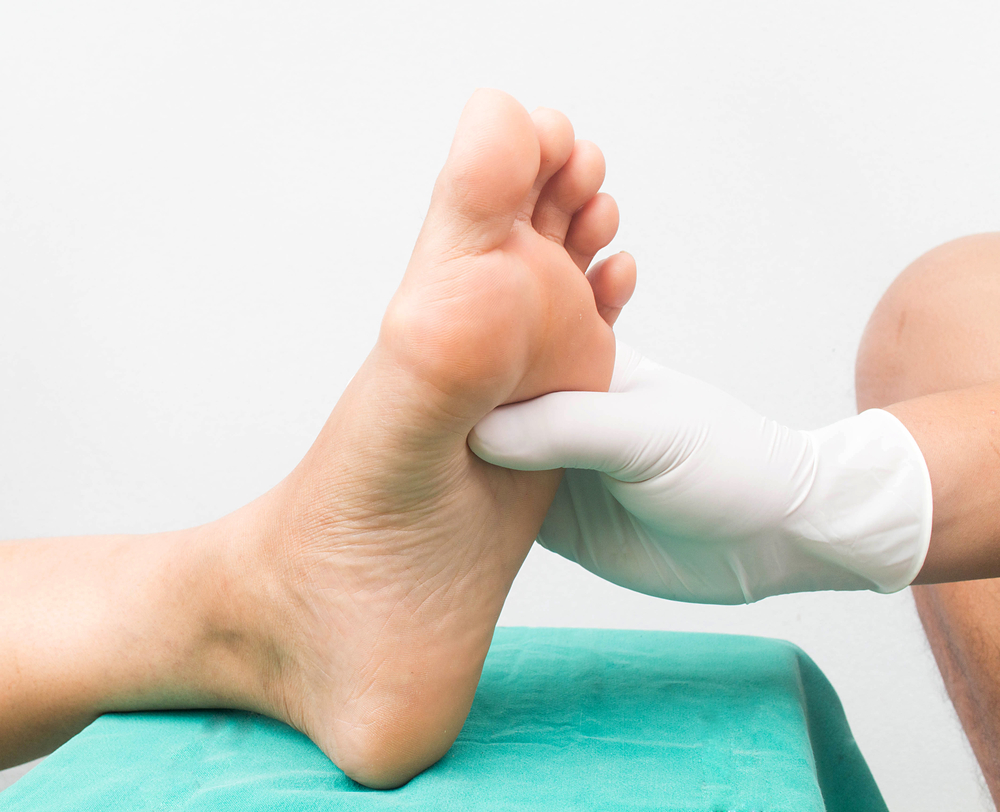If you have diabetes, one of the problems that you have to watch out for is diabetic foot. This involves examining your foot every day for wounds along with your blood glucose levels, along with eating a solid and balanced diet, taking recommended medicines, and remaining physically active.
Checking your foot everyday can lessen your odds of having a diabetic foot that may result in serious complications. This includes day by day self-exams and yearly medical assessments.
Appropriate foot care for individuals with diabetes is crucial in general health. One condition that may prompt complications is neuropathy. This is the effect of nerve damage that leads to inability to feel your feet or the other extremities. Neuropathy is common among diabetics since high glucose damages the nerves in the body. Foot issues identified with neuropathy can result in foot wounds that won’t easily heal.


